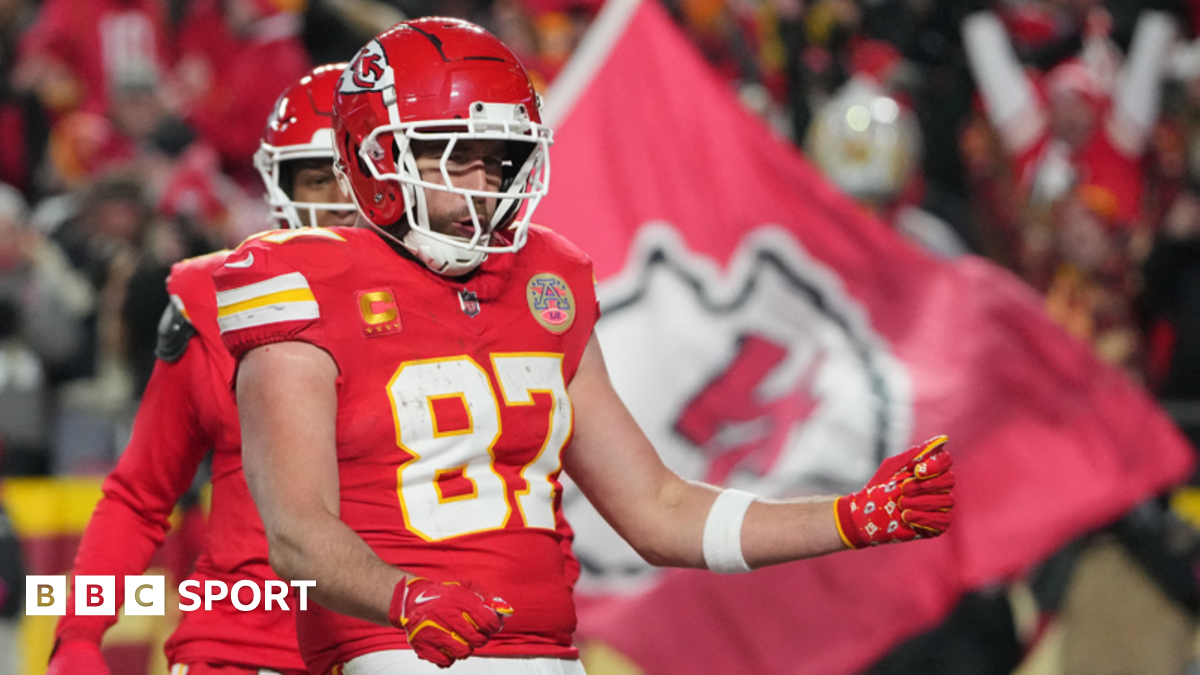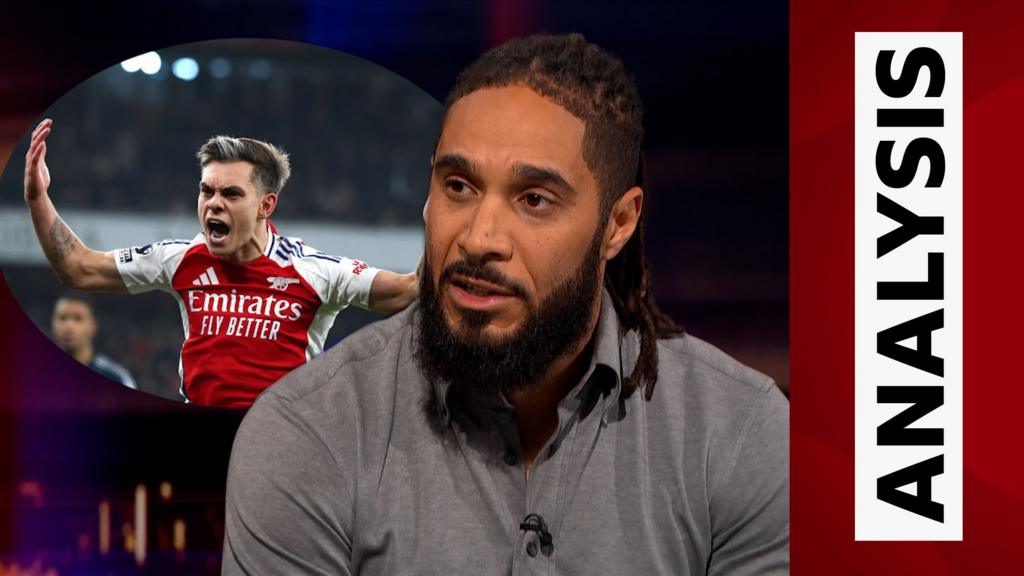ARTICLE AD BOX
Warning: Some people may find this article upsetting. For help and support dealing with grief, please visit the BBC Action Line
At some point in the previous year, for a lot of people who follow cricket, the thought would have come up.
Late November in the last nine years has included moments of remembrance for Phillip Hughes, Australia's prodigy who died after being struck on the neck by a ball while batting in the Sheffield Shield in 2014, trying to make a score to get back into the Test team. This year marks a decade since that loss.
In grief, milestones are everywhere. The ones that surprise us are marked in space, things we stumble into like low furniture. Here's a garden near my old house, and here's me remembering the last time you walked through it.
The predictable ones are marked in time. Months at first, then anniversaries, birthdays twinned in the mental calendar with dates of death. Some dates evaporate. Some lodge.
So in a world that puts store in anniversaries, this one is significant. And complicated. Hughes' injury happened on 25 November, two days before an official announcement of death.
That means there is not exactly an anniversary, but more a long weekend of mourning. For those three days in the cricket world you are acutely aware of the sensitivity.
This coming week or two his story will feature heavily. The Perth Test, which finished on Monday, was never planned to be part of this, given the lack of certainty around an end date. The ceremony instead will happen around the Adelaide Test from 6 December.
Hughes' final match was for South Australia, and the tribute Test that followed his death was also against India at Adelaide.
Three of those players from a decade ago were still in the team in Perth this week: Nathan Lyon, Steve Smith and Mitchell Marsh. The 2014 Shield match involved three current players - Lyon, Mitchell Starc and Travis Head - as well as commentators Callum Ferguson, David Warner and Brad Haddin.
Even now, we probably underestimate the effect on that generation of cricketers. The players at that match had the trauma of being there.
Others who were not there still suffered. Peter Siddle played for Victoria but was Hughes' national team-mate. After a Test hat-trick on his birthday in 2010, Siddle had a fun three years of people posting memes about it each year.
But his birthday is 25 November. From 2014 the association changed completely, and he later explained in a podcast interview how he became weighed down with sadness whenever someone mentioned his birthday.
Glenn Maxwell became a meme, too, when he charged a pace bowler in a Big Bash game before failing to play a shot and being bowled. He was mocked worldwide.
Melbourne journalist Ron Reed wrote that it "looked like the work of a man in a mental meltdown" and that "his form has deteriorated alarmingly over the past few weeks" - but even then nobody joined the dots.
It was one month after Hughes had died. Maxwell was an emotional wreck, the two of them close from age-group cricket. Only this year Maxwell explained the context in his book. Until then nobody had asked.
Or take Michael Clarke, national captain at the time, close with Hughes from New South Wales cricket, who gave the very public eulogy days before leading his team in the tribute Test. Clarke later said that he should have retired after that match, rather than battling to lead the 2015 World Cup and Ashes campaigns when he was mentally shot.
Even for people who did not know Hughes, the 10-year commemoration will be emotional. For so many this is the defining memory of 2014: the intense and spontaneous upswell of sorrow, how astonishing it was to see and share it across Australia and worldwide.
The symbolism made sense. Hughes represented youth and vitality, as a 25-year-old sportsman. Potential, as a player of 26 Tests who was tipped to play a hundred more. Injustice, first at the trivial level of his problems with selectors, then the tragic luck of his injury. Talent, that would never get its full display. A prodigy cut short, a smiling kid who was apparently everyone's mate. Losing those things moved people deeply.
This year, people will revisit those feelings. The sudden sadness, the surprise. They will see how much time has passed and think about how different they were, their life was, our world was. They will feel that world moving on.
Time is supposed to ease grief, but it sharpens it too: time passing means that your time with the person you loved grows further away. That holds its own grief. They recede, you keep moving on a path they can no longer join.
This is the part of memory, the one means of keeping somebody with you when your ways have parted. Now and then as you move through your world, it offers ways to remind you, and you listen.

 1 month ago
9
1 month ago
9








 English (US) ·
English (US) ·